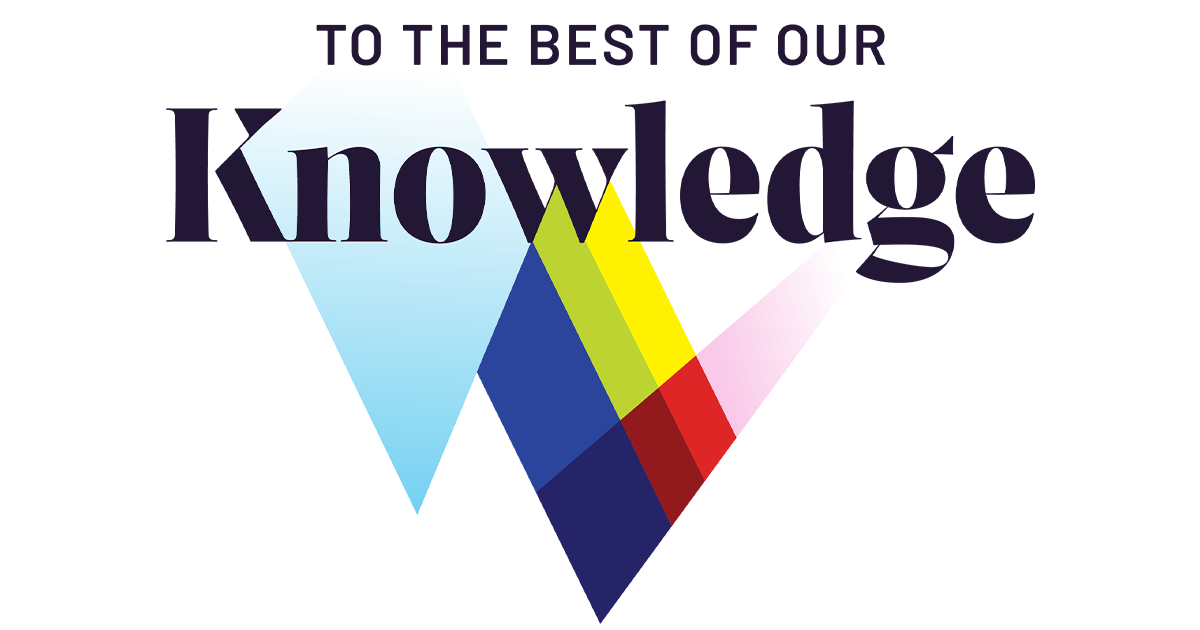Hey Guys,
It is good when science sometimes catches up with Buddhism.
A very good interview with a neuroscientist on the illusion of "self" and other aspects ... many negative, but many positive and necessary to human life ... of our internal "self-deceptions".
You & Your Brain - Julian Keenan
My one real objection is a comment he makes toward the end, when he states that research has shown that people suffering depression may actually have a more "realistic" view of the world. I believe he is referring to this research:
It seems that, not only is the evidence for this very mixed, but that the definition of "more realistic" may have a very narrow meaning. This is "more realistic" in a very narrow sense.
Buddhism might say that "depression" is not "realistic" because it is just an emotional interpretation imposed upon "what is", as well as one that tends to focus upon the negative aspects and "worst case scenarios" excessively. Same for "postive" viewpoints, except that we rather uncover thru this Practice as certain "Big P" Positive that sweeps in all small human value judgments. We have discussed this is other recent threads ...
Also, Dr. Keenan, at the end of the interview, seems to say that Buddhism is about "losing our sense of self", which shows that he needs to learn a bit more about Buddhism in all its aspects. I would describe Zen Practice, for example, as balancing and fully transcending our "small self", and seeing thru many of our "self deceptions", even as we continue to live with our sense of self (illusory or not) and many of those very necessary-for-life "deceptions" (dropping away many of the harmful or counterproductive deceptions too), all as one finds one's True Self!
Gassho, J
SatToday
It is good when science sometimes catches up with Buddhism.

A very good interview with a neuroscientist on the illusion of "self" and other aspects ... many negative, but many positive and necessary to human life ... of our internal "self-deceptions".
Julian Paul Keenan researches the neural correlates of the self and deception, with a natural interest in how the brain generates self-deception. He is a Professor of Biology and Molecular Biology, and a Professor of Psychology at Montclair State University. He is the founder of the journal Social Neuroscience.
My one real objection is a comment he makes toward the end, when he states that research has shown that people suffering depression may actually have a more "realistic" view of the world. I believe he is referring to this research:
Depressive realism is the hypothesis developed by Lauren Alloy and Lyn Yvonne Abramson[1] that depressed individuals make more realistic inferences than do non-depressed individuals. Although depressed individuals are thought to have a negative cognitive bias that results in recurrent, negative automatic thoughts, maladaptive behaviors, and dysfunctional world beliefs,[2][3][4] depressive realism argues not only that this negativity may reflect a more accurate appraisal of the world but also that non-depressed individuals' appraisals are positively biased.[5] This theory remains very controversial, as it brings into question the mechanism of change that cognitive behavioral therapy for depression purports to target.[6] While some of the evidence currently supports the plausibility of depressive realism, its effect may be restricted to a select few situations.[7]
Probing the puzzling workings of 'depressive realism'
New studies hint depressed people may not factor context into judgments as much as the nondepressed--putting a new twist on the 'real' part of depressive realism. ... By introducing new conditions into the experimental paradigm commonly used to study depressive realism, the researchers found that apparent depressive realism may actually come from depressed people not using all the available evidence to judge the facts, relative to nondepressed people.
"This is a very well-conducted piece of research that undermines the evidence that the depressed may in some cases make sounder judgments than the nondepressed," says Brewin. But he notes that the data, while promising, will need further investigation and elaboration as psychologists revise their understanding of depression.
Probing the puzzling workings of 'depressive realism'
New studies hint depressed people may not factor context into judgments as much as the nondepressed--putting a new twist on the 'real' part of depressive realism. ... By introducing new conditions into the experimental paradigm commonly used to study depressive realism, the researchers found that apparent depressive realism may actually come from depressed people not using all the available evidence to judge the facts, relative to nondepressed people.
"This is a very well-conducted piece of research that undermines the evidence that the depressed may in some cases make sounder judgments than the nondepressed," says Brewin. But he notes that the data, while promising, will need further investigation and elaboration as psychologists revise their understanding of depression.
Buddhism might say that "depression" is not "realistic" because it is just an emotional interpretation imposed upon "what is", as well as one that tends to focus upon the negative aspects and "worst case scenarios" excessively. Same for "postive" viewpoints, except that we rather uncover thru this Practice as certain "Big P" Positive that sweeps in all small human value judgments. We have discussed this is other recent threads ...
Also, Dr. Keenan, at the end of the interview, seems to say that Buddhism is about "losing our sense of self", which shows that he needs to learn a bit more about Buddhism in all its aspects. I would describe Zen Practice, for example, as balancing and fully transcending our "small self", and seeing thru many of our "self deceptions", even as we continue to live with our sense of self (illusory or not) and many of those very necessary-for-life "deceptions" (dropping away many of the harmful or counterproductive deceptions too), all as one finds one's True Self!

Gassho, J
SatToday




Comment